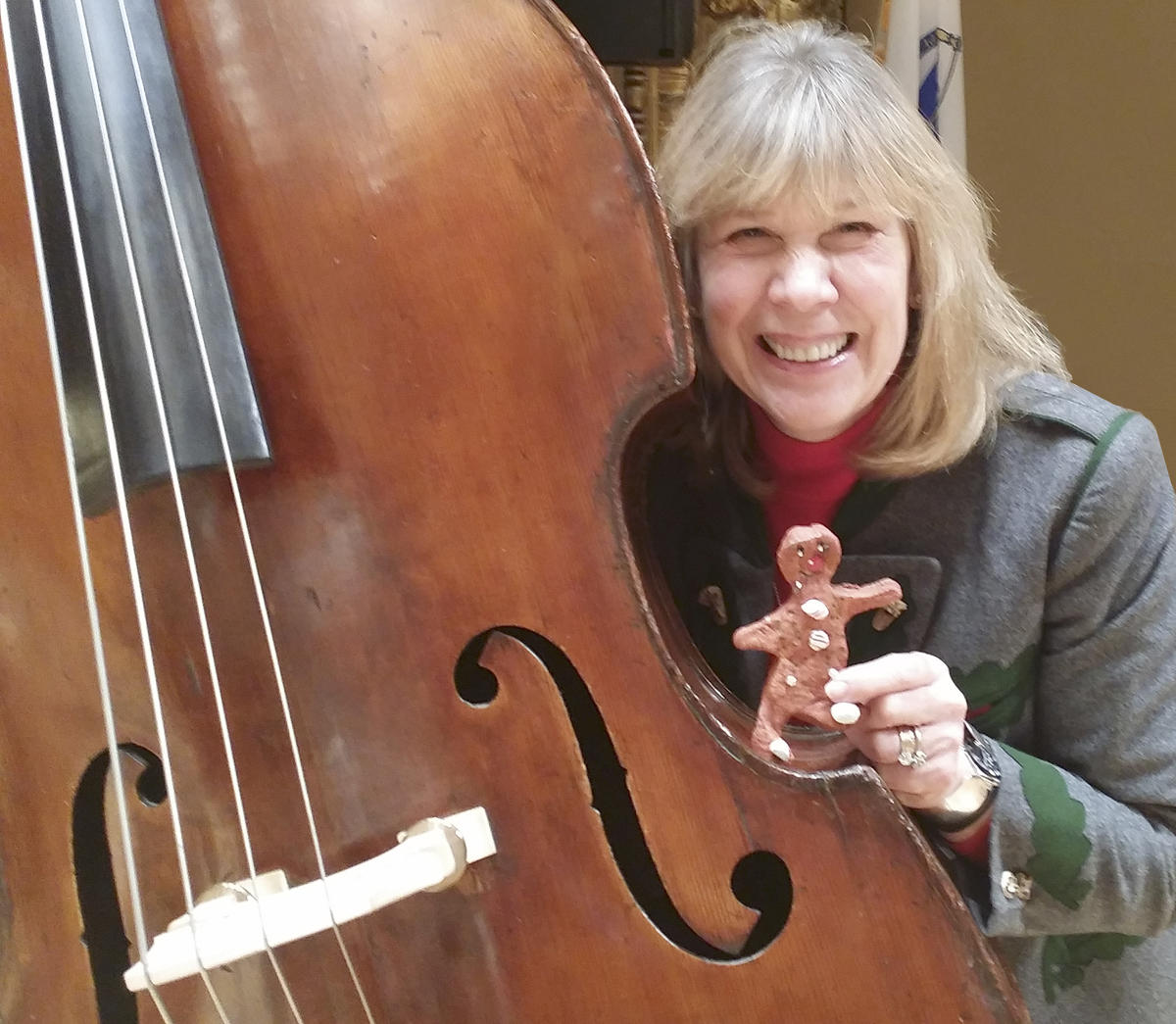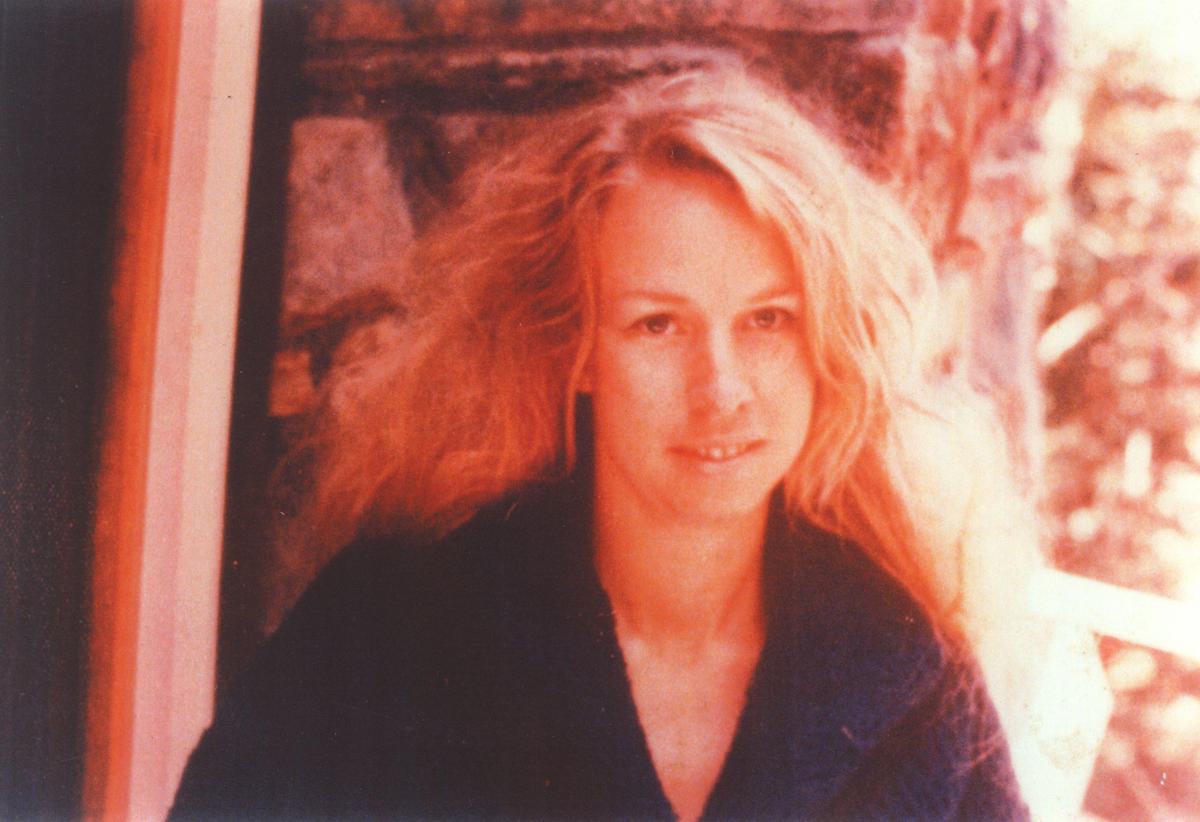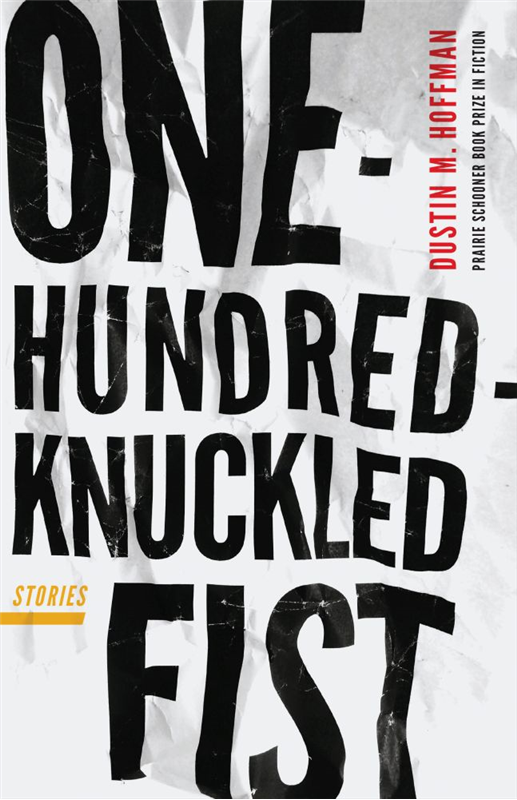by Zinta Aistars
for WMUK 102.1 FM
Southwest Michigan's NPR affiliate
Between the Lines is my weekly radio show about books and writers with a Michigan connection. It airs every Tuesday at 7:50 a.m., 11:55 a.m., and 4:20 p.m. (or listen anytime online), on WMUK 102.1 FM, Southwest Michigan's NPR affiliate. I am the host of Between the Lines.
This week's guest: Jan Brett
Southwest Michigan's NPR affiliate
Between the Lines is my weekly radio show about books and writers with a Michigan connection. It airs every Tuesday at 7:50 a.m., 11:55 a.m., and 4:20 p.m. (or listen anytime online), on WMUK 102.1 FM, Southwest Michigan's NPR affiliate. I am the host of Between the Lines.
This week's guest: Jan Brett
 |
Author Jan Brett's decorated tour bus
CREDIT PENGUIN-RANDOM HOUSE
|
As Jan Brett begins her 23-city national tour in a bus decorated front-to-back with her own illustrations, she reflects on what inspires her – and about a surprise guest traveling with her. Alf, one of the roosters that the children’s book author and illustrator raises, will travel with her as Brett meets with fans of all ages.
“Alf will have a girlfriend with him,” Brett says. “Or wife. They have a nice box they will live in, with a perch in it, and on my day off I put them in a wire pen so that they can get some sun. We took a bunny along another year, because the kids love it!”
Alf, along with a myriad of other creatures, appears throughout Brett’s newest children’s book, Gingerbread Christmas (Putnam, October 2016). It's the story of Gingerbread Baby, who pops out of the oven and brings a gingerbread band to the town Christmas festival. Everyone enjoys the joyful holiday music — until they catch a whiff of the gingerbread smell and realize those musicians are delicious cookies.
Brett has written and illustrated 35 books for kids that have sold more than 40 million copies. She says each book takes about a year of work to create the detailed illustrations that bring it to life.
“When I have an idea, I think about whether it will sustain me for a whole year,” Brett says. “I want to be able to feel like there’s this discovery, this curiosity, there’s learning … all these things are going to build up this momentum.”
Brett's books often feature wildlife she enjoys having at her two-acre home in Norwell, Massachusetts. But she has a special love for chickens and raises exotic breeds that she sells and shows. Brett has about 60 chickens, including Silkies, Buff Brahmas, Cochins, Silver Phoenix, and Polish varieties.
“But my biggest inspiration is ..."
LISTEN TO THE COMPLETE INTERVIEW. (27:16)




